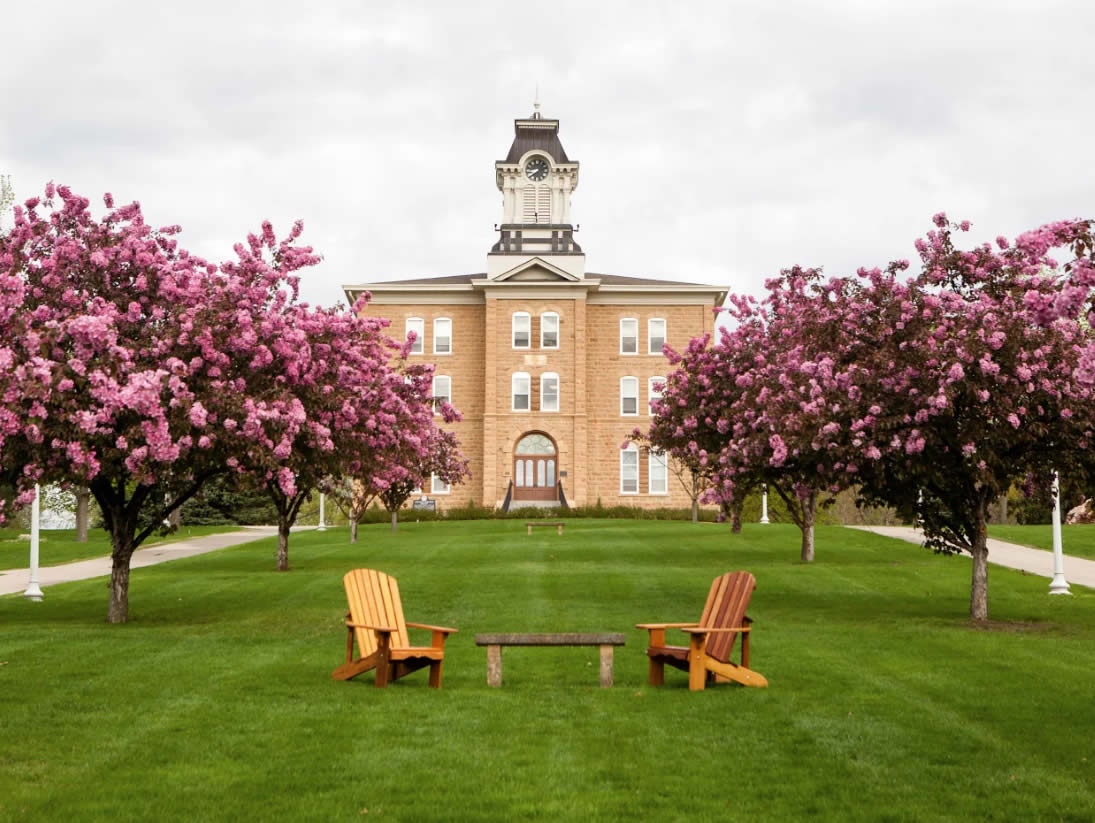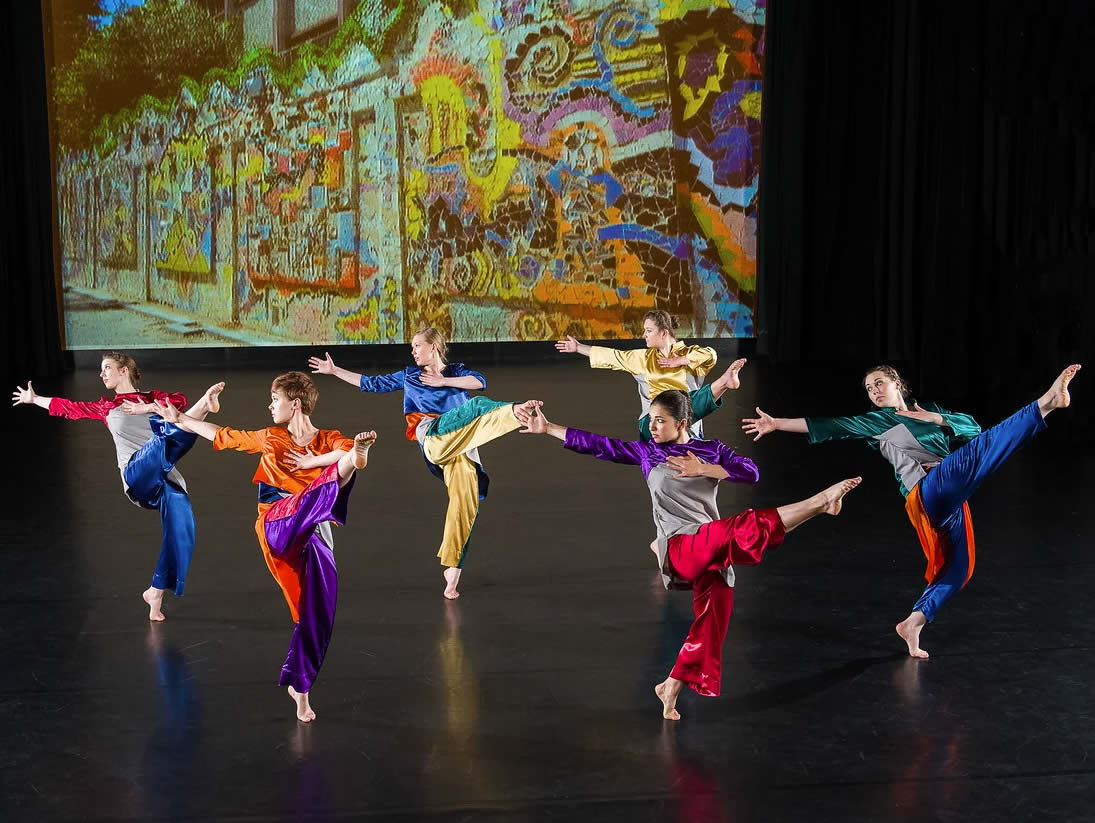| 2025-2026 Chance of Placement | ||
| Home Pay | | | Open |
| Campus Availability & Deadlines | ||
| 2026-2027 Chance of Placement | ||
| Home Pay | | | Open |
| Understand Chances of Placement | ||
Academics
Registration- When will I register? After campus students
- Syllabus Request for Course Pre-Approval: Contact Host Coordinator for assistance
No majors are fully closed. Only some nursing courses would be open to exchange students. Also, courses offered in our "Three Crowns Curriculum" general-education program are also closed to exchange students because they are part of a course sequence taken by a cohort every semester since the start of the first year.Limitations
Business/Economics/Management courses required for Gustavus majors are often full. Many courses in Education are also closed to exchange students.Notable Academic Programs
- Scandinavian Studies - One of the largest programs in North America, and the largest number of students studying Swedish language.
- Environmental Studies - Our interdisciplinary program uses courses in science, social science, humanities, and other fields. Paired with hands-on learning opportunities in The Arboretum at Gustavus Adolphus College, the Johnson Center for Environmental Innovation, and the student-run Big Hill Farm.
Unique Academic Programs
- Theater Arts/Drama - Our Department of Theatre and Dance offers a minor in Theatre for Social Justice, with an applied focus on using the theatre to engage communities around the important issues of our time.
- Communication - Our Communication Studies department offers minors in both Strategic Communication and Civic Leadership. Faculty and students employ the "Gustavus model" of structured dialogues to help regional communities, organizations, and civic groups address real-world concerns.
- Music - Our Music program includes both academic courses and performance ensembles. Many of the ensembles tour, both in the US and internationally. Year-long exchange students may audition to join an ensemble and possibly go on tour or participate in Christmas in Christ Chapel.
- Latin American Studies - Our program is called Latin American, Latinx, and Caribbean Studies and includes comparative study of the diverse places and peoples that the name implies.
- Japanese Studies - Our Japanese Studies Program is an interdisciplinary program that offers students opportunities to become familiar with various aspects of Japanese culture: language, literature, history, politics, art, and religion. Students majoring in Japanese Studies are required to study in Japan for at least one semester.
Undergraduate Majors Open to NSE Students
Accounting, Anthropology, Art... ++ show all
Conditions
GPA and Other Academic Requirements- General Eligibility Requirements
- No students accepted from NSE members within my own state
- Full-year exchange Accepted
- Single term exchange Accepted
- TOEFL: must have a score of 85.00 paper or 85.00 Internet
- IELTS: must have a score of 6.00
- Not available
- Will accept on Home Pay
- Will accept Home Payment Pay
Tuition / Finances
Finances
- Campus Budget
- Fees are subject to change without notice.
- Pay regular tuition to your home campus. No tuition/fees are paid to your host campus.
- Home Payment: 19 ($580 per additional hour)
Financial Aid for NSE Students
Regardless of Payment Plan, financial aid is awarded by and disbursed from your home campus.
Miscellaneous Fees - Per Semester
| Purpose | Amount | Period | Plan | Status |
|---|---|---|---|---|
| Parking Fee | $145 | Semester | Host & Home | Optional |
| Course Fees / Materials | Varies | Semester | Host & Home | Mandatory |
Important Notes: Parking: The fee in the fall semester is the full-year amount of $290, but students who return the sticker at the end of the first semester will get the spring half of the fee refunded to them.
Room / Meals
On-Campus Housing Per Semester
- On-Campus Housing
- Approximate cost: $3490
- Students must live on campus
All incoming exchange students live on campus: https://gustavus.edu/reslife/residences/
Meal Plans
- Campus Meal Plans
- Meal purchase is required for on campus living.
https://gustavus.edu/diningservices/info.php. All plans are declining balances, and the amount listed is for the lowest-cost plan (there are three choices). The main dining hall is a "marketplace" style with multiple stations serving different types of cuisines and different parts of the meal. There is also a fixed-price lunch buffet on most weekdays during the semesters.
Resources
Campus LinksHealth
Exchange with Canada - Health Insurance
Students must purchase campus health insurance at $850 per semester.
Requirements
Comments on Problems or Conditions for Access
Transportation from the airport: request accommodation with Land to Air in advance. (https://www.landtoairexpress.com/)





